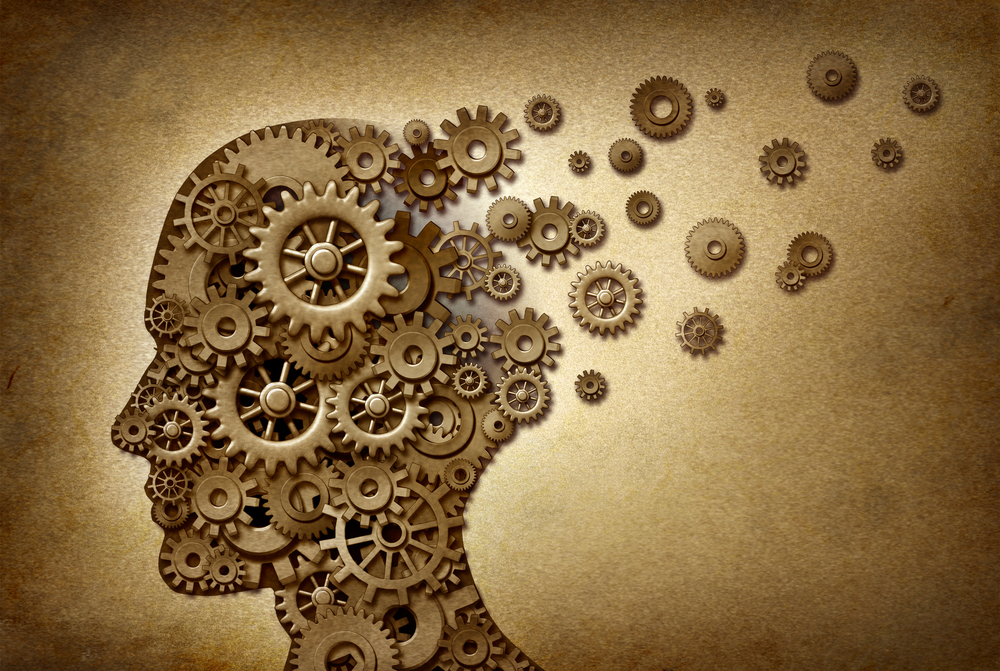Video gaming is often regarded to as an excellent way to pass the time or even engage in social activities. Online communities connect gamers from all over the world. The World Health Organization doesn’t see things the same way, as their new revisions classify gaming behavior as a mental disorder. A highly controversial decision that is met with a lot of opposition.
Gaming Is Not A Traditional Mental Disorder
It is evident there are still a lot of misconceptions regarding the video game industry. Every time a violent incident occurs anywhere in the world, it doesn’t take long until “experts” blame it on video games. The World Health organization is revising several of their disorder classifications, one of which pertains to the act of playing video games. Gaming Disorder, as this phenomenon is called, is likely to be classified as an official mental illness.
While this new development is not entirely new by any means, several industry experts are concerned about these plans. Someone who exhibits an impaired control over gaming – such as giving it priority over other activities – is definitely in need of some help. However, that does not entitle anyone to label this as a mental disorder right away. There may be a lot of reasons why someone would lose themselves into a virtual gaming world or several hours a day.
Video game addiction is a very real and tangible problem that needs to be nipped in the bud as early as possible. However, the definition of the World Health Organization also refers to Gaming Disorder as “recurrent gaming behavior”. Interestingly enough, the whole concept of playing video games is to do so in a recurring manner, although never in an excessive capacity. There is a severe lack of understanding of how video games work, by the look of things.
It did not take long before an open letter was published tot eh WHO regarding the Gaming Disorder classification. While it is true compulsive gaming behavior is problematic, creating a new disorder out of thin air to stick a label on everyone who plays video games is a stretch too far. Moreover, there are hundreds of professional gamers who earn a living by playing games and entertaining others who watch them play. All of these individuals, as well as their sponsors, would suffer from this new disorder. There are even gaming leagues such as MLG (Major Gaming League) which is a professional e-sports organization.
Wrongfully diagnosing people with a mental illness is not a problem that should be taken lightly. The negative medical, scientific, and societal fallout that occurs from creating this “Gaming Disorder” out of thin air should not be overlooked. Doing so will undoubtedly result in a premature application of the Gaming Disorder diagnoses. Moreover, scientific research would be hindered, as peers expect scientists to only confirm the diagnosis, rather than exploring the boundaries of normal versus pathological.
It is evident the World Health Organization is doing everything they can to “label” people as often as possible. Anyone who derives from the so-called “norm of acceptable behavior” must suffer from some form of illness or other condition. This is not the right way to go about things by any means. Video games are perfectly harmless, as it always up to individuals playing the games to set the necessary boundaries for themselves. Parenting also plays a big role in this process, yet the WHO does not seem to mention that by any means.
If you liked this article, follow us on Twitter @themerklenews and make sure to subscribe to our newsletter to receive the latest bitcoin, cryptocurrency, and technology news.

